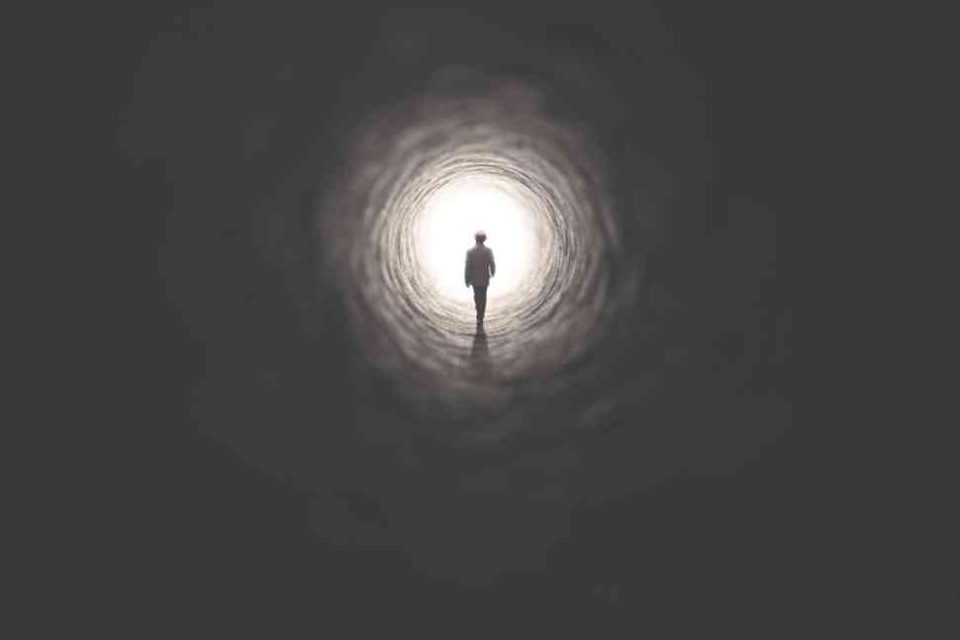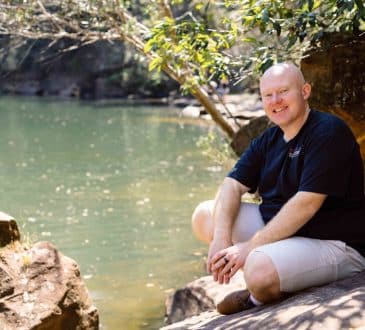The 2 Basic Fears of Human Nature

Love and fear have been the two sides of the same coin over the centuries. Every person has experienced fears that sometimes seem unjustified but, in reality, are entirely normal. In many cases, our fears can take the form of panic attacks. Even though we may not find a connection between our fears and our instincts, if we look closer, we will realize that most issues are either connected to the fear of death or loneliness. Today, we will talk about these two basic fears that are linked to human nature and follow most living creatures.
- The fear of death
To start with, this is the most common and logical fear every human being carries from the moment they appear on Earth until they leave their last breath. The fear of death is an instinct to protect us from being careless and less alert. Fear in all forms comes as an ally to help us avoid unpleasant situations. It is quite a useful emotion, and the proof of that comes every day. However, when it comes to how we live our lives and experience reality, this fear does not appear as a protector but often as an obstacle. Whether we like it or not, we are mindful creatures, and we tend to think and overthink. We spend a critical amount of time thinking about how we will protect ourselves from several dangers and disasters that can appear in our lives. Thinking about things that are not expected to threaten you soon is only a waste of time. It is as if we kill these moments and drive ourselves to a state of non-existence, exactly like death. Ironically, while we struggle to avoid death, we approach it somehow without even realizing it. We may preserve the body’s basic functions, like breathing and being alive, but we do not take advantage of this beautiful gift that life is. Therefore, we do not live the whole spectrum of life that has been given to us. We actually stay focused on the basics that are related to our instincts. - The fear of loneliness
People are social beings, and according to scientists, being social is something that has been given to us from day one. In other words, being social is a part of our nature. Even though social skills can be cultivated as we grow up, it is considered that sociability is a critical characteristic of human nature. Many species that live in groups or herds are characterized by this skill. This is why we see animals constantly attempting to be a part of the group and to be accepted by the rest of the herd. Scientists suggest that we inherited this characteristic from our ancestors in the animal kingdom. Lions, cows, elephants, and monkeys all act like that. The reason for that is that being together is more helpful for every single animal or person as well as for the whole species. The power of unity has been praised in literature and all kinds of arts and is crucial to help us survive. Not only is it easier to protect ourselves from threats, but we can also become a threat to others. To put it simply, when we are united, we can protect ourselves from the attack of a wild animal. At the same time, we can attack this wild animal to eat it ourselves. Unity can help you escape the state of being a victim and bring you to a position where you have power and control in most situations. Thinking of what being in a herd means for most animals, it does not come as a surprise why people want to be a part of the group. Being a member is always a target, and it is easy to understand why people are afraid of loneliness. Their initial instinct has led them to make projections in their modern life and imagine what being alone would mean for their survival. Contrary to what we may think, the fear of loneliness is not about feeling popular but about feeling safe.
Have you read?
Countries With The Most Billionaires, 2023
How to stop doubting yourself by Téa Angelos.
Why the change in the workplace is the biggest risk for psychological injuries by Kerry Howard.
The Art of Embracing Mistakes In Business to Unlock Unprecedented Growth by Dr. Erik Reis.
What Technologies Will Shape the Travel Industry For the Better by Ilya Rouss.
Add CEOWORLD magazine to your Google News feed.
Follow CEOWORLD magazine headlines on: Google News, LinkedIn, Twitter, and Facebook.
This report/news/ranking/statistics has been prepared only for general guidance on matters of interest and does not constitute professional advice. You should not act upon the information contained in this publication without obtaining specific professional advice. No representation or warranty (express or implied) is given as to the accuracy or completeness of the information contained in this publication, and, to the extent permitted by law, CEOWORLD magazine does not accept or assume any liability, responsibility or duty of care for any consequences of you or anyone else acting, or refraining to act, in reliance on the information contained in this publication or for any decision based on it.
Copyright 2024 The CEOWORLD magazine. All rights reserved. This material (and any extract from it) must not be copied, redistributed or placed on any website, without CEOWORLD magazine' prior written consent. For media queries, please contact: info@ceoworld.biz
SUBSCRIBE NEWSLETTER








